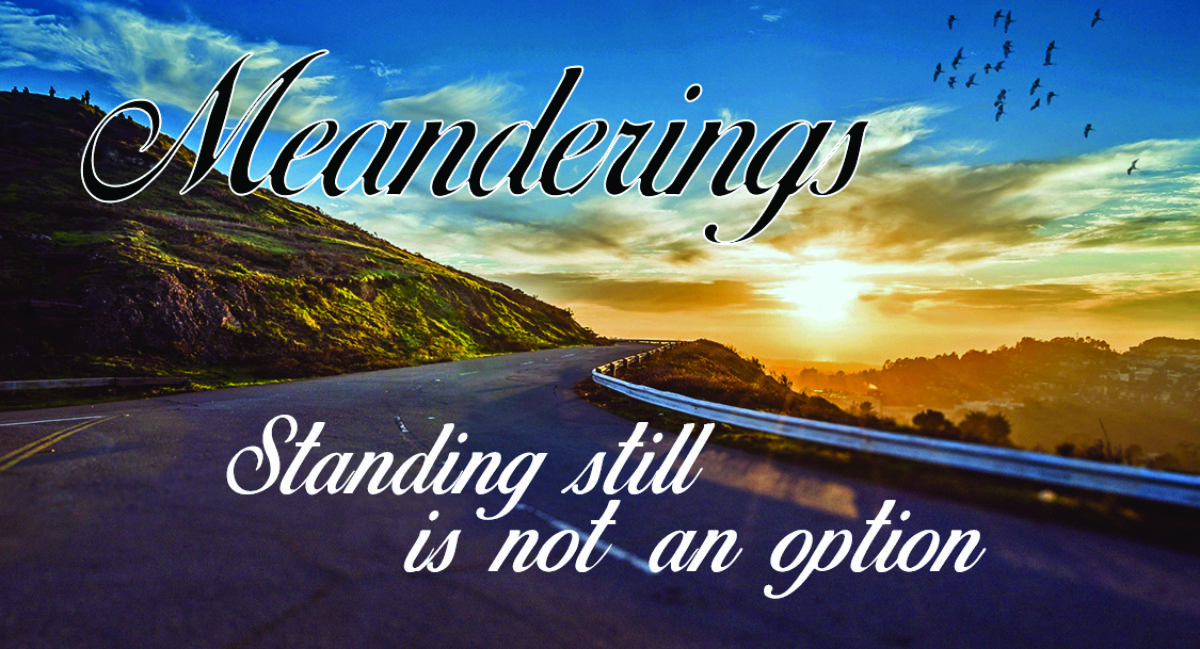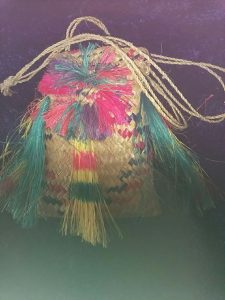Our love affair or maybe I should say my love affair with penguins did not have an auspicious beginning.
Imagine this. It is February 13th. I am not subject to triskaidekaphobia. The number 13 is just that. It was Ash Wednesday, the middle of summer. Yes, we are almost at the southernmost end of the world though that would come the very next day in Ushuaia, and it is bitterly COLD. We are in Punta Arenas,Chile. Everyone is shivering and bundling up in all kinds of layers.
I want to see penguins. The ship’s penguin tours to Magdalena Island were all cancelled because of the inclement weather. We had not signed on for any, rather preferring to go on an overland tour to the Penguin Sanctuary of Otway Sound with a private taxi/guide. It is a smaller colony of some 60,000 Magellanic penguins spread over quite a large breeding ground and park for public viewing.
We bundled up and went ashore even as the weak sunshine turned to rain. So what, we thought, we are only a hop, skip and jump from Antarctica so summer can be wintery. We were very lucky. There was this taxi driver who seemed to be just waiting for us. I told him where we wanted to go. He looked at me with a slight air of bewilderment and said: “It is wide open space and windy today. Here in Punta Arenas, even in summer we can get rain, sleet, snow, ice and even a bit of sunshine in a matter of hours. Today is not a good day to go to Otway”. I said with the confidence of the ignorant.“Well, we can stand a bit of rain and we are Canadians, we know cold weather.”“OK.” He said and it sounded as if he swallowed “but it is your funeral.”
We negotiated a price and felt very simpatico towards eachother. Bert suggested we go to his favourite bar on our return for a drink. If I was clairvoyant I think I would be able to read a bubble over Carlos’ head saying: “You’re going to need it!” However, we were becoming fast friends. Carlos told us his wife taught English and would love to speak with us to get some practice and would we mind if she came along on the trip. Sure, no problem. Carlos called then drove home and there was the beautiful Ximena waiting. She had two very heavy overcoats, both belonging to Carlos and said: “These are for you and your husband. There is a cold wind out at the colony and you are going to need these.” How thoughtful.
Off we went. The rain turned to sleet. We arrived at the Sanctuary with driving sleet and a biting wind. The attendant asked:“Are you sure you want to walk out to see penguins in this weather?” I answered: “Oh, yes.” She shook her head, told Carlos to go on,that we could pay her when we were leaving and waved us in.
I did not think about this being somewhat foolhardy until Carlos opened the door and Ximena gave me a coat. We were the only visitors. A blast of wind rocked us as bits of ice hit our faces head on. What a walk!
Penguins! They approached us all ready for the formal ball! A group of about seven came toward us. I crouched down, and mindful about not touching them, spoke softly to them. They spoke penguin and I spoke English and some Spanish and we communicated. They came right up to me and followed wherever I went. One came close enough to peck at my hand. Carlos was quite surprised how comfortable they seemed with my presence and joked with Bert that I must speak penguin. However, even with the extra coats, both Bert and I were shaking with the cold. I looked at Carlos and he was not too happy either. With regret I said goodbye to my penguin companions. They followed me as we walked away. I had the biggest closed mouth smile as I thought my teeth would freeze if I opened my mouth.
I approached the attendant with the fee ready. She looked at me and said: “Senora, if you were so determined to see our penguins in this weather, you don’t owe anything. Was it worth it?” ”Oh, yes it was a short but sweet encounter, and they came to me. It was a love affair.” She smiled, shook her head and handed me some pamphlets.
Ximena, who had wisely stayed in the car, invited us back to their home saying we needed to have a hot drink. At the mention of something hot Bert forgot the bar date. We accepted and were soon chatting animatedly with Carlos and Ximena , their children Carlos Jr, Gabriel,Stefan and Paulina. The tea was ambrosia and a panacea. They offered a meal but that we politely refused citing the plenitude on the cruise ship. I could not stop talking about my penguin affair. A Good English lesson, I thought.
The Meander: I fell in love with penguins on that miserable day. I have seen them in South Africa, In Ushuaia, The Falkland Islands, all over. I have penguin memorabilia. February 18th in Puerto Madryn, Argentina we went on tour. It was a marvellous summer’s day. I was surrounded by penguins. If only I had waited! No, Otway Sanctuary remains my penguin first love. Why? As the only visitors the experience was personal. It also had Carlos and Ximena and their kindness. Gosh, I love to travel.

 We were in Papua New Guinea at the port of Lae. The cultural tour was over and my head was a maelstrom of weird and wonderful bits of information.
We were in Papua New Guinea at the port of Lae. The cultural tour was over and my head was a maelstrom of weird and wonderful bits of information.